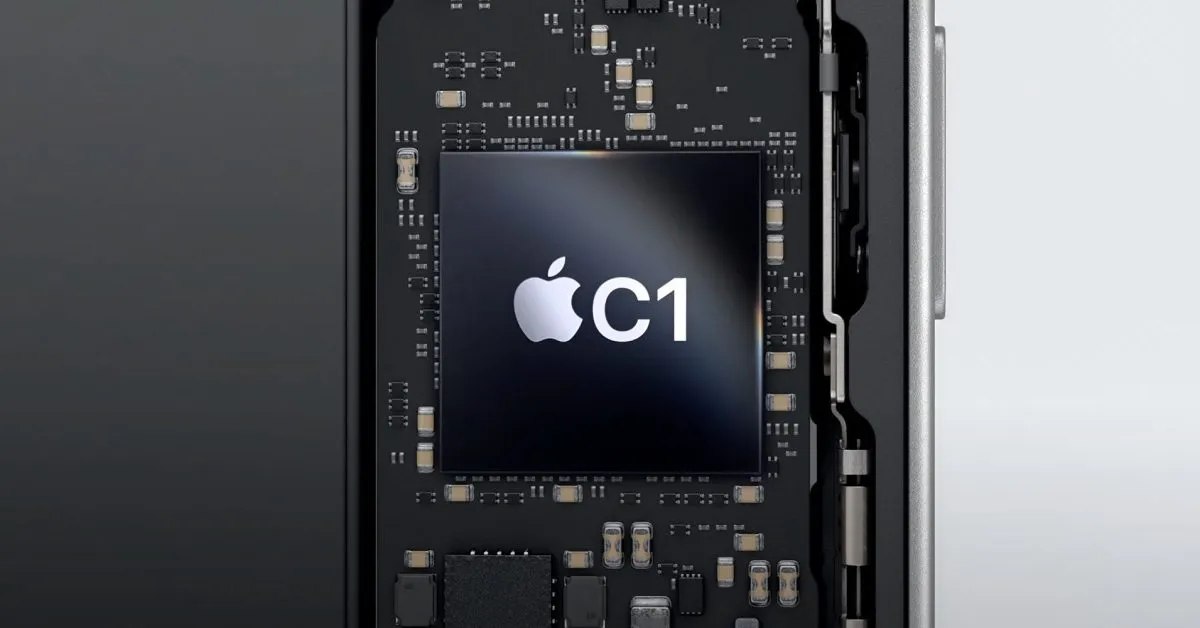
This year, Apple has made a significant leap in mobile technology with the introduction of its first in-house 5G modem, known as the C1, featured in the iPhone 16e. However, it appears that Apple will not be integrating its proprietary modem into the more expensive iPhone models until at least next year. Analyst Jeff Pu from GF Securities has confirmed this trend, indicating that Apple is currently developing a new version of its modem specifically for the forthcoming iPhone 18 Pro models.
According to a note to investors shared with 9to5Mac, Pu anticipates that Apple will debut the C2 chip in the iPhone 18 Pro and iPhone 18 Pro Max in 2026. This speculation aligns with a recent report from Bloomberg, which mentioned that the C2 chip is set to be introduced in "higher-end iPhones" next year. The C1 chip, which Apple has developed, combines advanced 4-nanometer baseband technology with 7-nanometer transceiver technology, resulting in a modem that is not only efficient but also consumes less power compared to the current Qualcomm modems found in other iPhone models.
While Pu has noted that Apple aims to incorporate the C1 chip into the ultra-thin iPhone 17 Air later this year, there are indications that the company may reconsider this decision. Given the importance of a modem in smartphone performance, Apple is likely to ensure that its modem is robust enough to compete with Qualcomm's offerings.
Although initial tests suggest that the C1 modem in the iPhone 16e can reach performance levels comparable to Qualcomm's modems, it currently lacks support for the higher 5G mmWave speeds. This limitation may impact Apple's strategy for integrating its modems across its product lineup. It would not be surprising if Apple decides to use the C1 chip in other devices, such as cellular versions of the iPad and Apple Watch, before rolling it out to more iPhone models.
As the launch of the iPhone 17 approaches, rumors are circulating that at least one model will feature a 24-megapixel front camera. Additionally, early reports suggest that the iPhone 17 Air will be remarkably thin, with a camera bar design that sets it apart from previous models. Excitingly, some reports indicate that the iPhone 17 Pro Max may be designed to be thicker in order to accommodate a larger battery, further enhancing its performance.
In conclusion, Apple's ongoing development of its in-house 5G modem technology is a crucial step in its strategy to reduce reliance on Qualcomm. As the company prepares for the iPhone 18 and beyond, it will be interesting to see how these advancements play out in their upcoming devices.